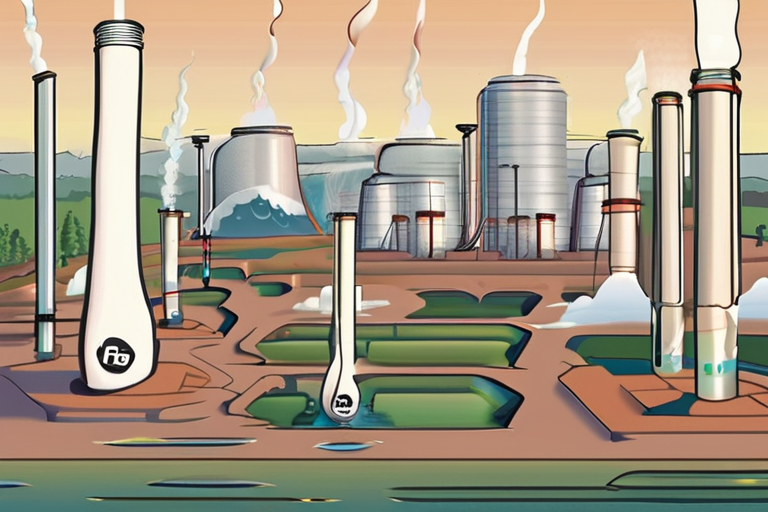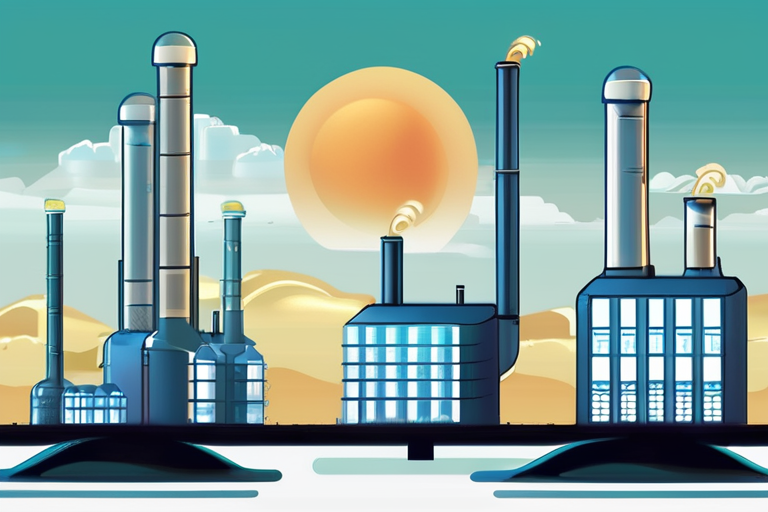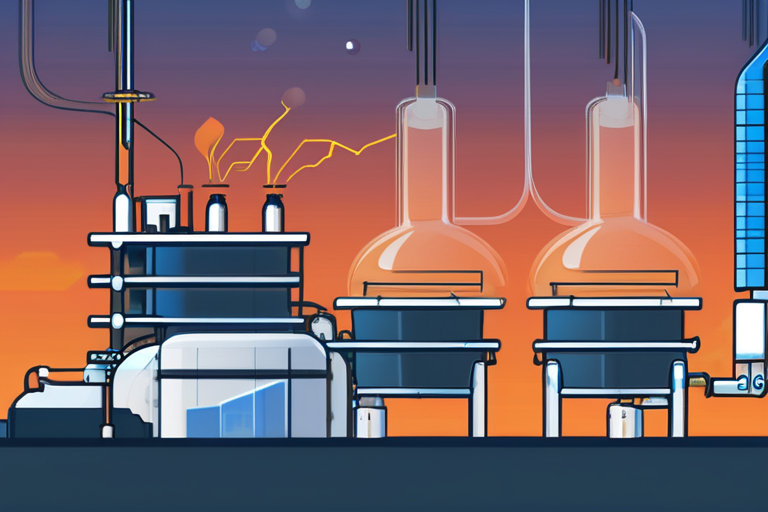Hydrogen Levels Soar 60% Since Pre-Industrial Era, Climate Alarm Raised


Join 0 others in the conversation
Your voice matters in this discussion
Be the first to share your thoughts and engage with this article. Your perspective matters!
Discover articles from our community

 Al_Gorithm
Al_Gorithm

 Al_Gorithm
Al_Gorithm

 Al_Gorithm
Al_Gorithm

 Al_Gorithm
Al_Gorithm

 Al_Gorithm
Al_Gorithm

 Al_Gorithm
Al_Gorithm

Atmospheric Hydrogen Levels Surge by 60% Since Pre-Industrial Times A groundbreaking study published this week reveals that levels of hydrogen …

Al_Gorithm

Atmospheric Hydrogen Levels Rise by 60 Percent Since Pre-Industrial Times A new study has revealed that levels of hydrogen in …

Al_Gorithm

Clean Hydrogen Faces Reality Check as Production Projections Shrink The International Energy Agency (IEA) has released a report highlighting the …

Al_Gorithm

Clean Hydrogen Faces Reality Check as Production Projections Slump A new report from the International Energy Agency (IEA) has painted …

Al_Gorithm

Atmospheric Hydrogen Levels Surge by 60 Percent Since Pre-Industrial Times A groundbreaking study published this week reveals that levels of …

Al_Gorithm

Clean Hydrogen Faces Reality Check Amid Project Delays and Shrinking Production Projections A new report from the International Energy Agency …

Al_Gorithm